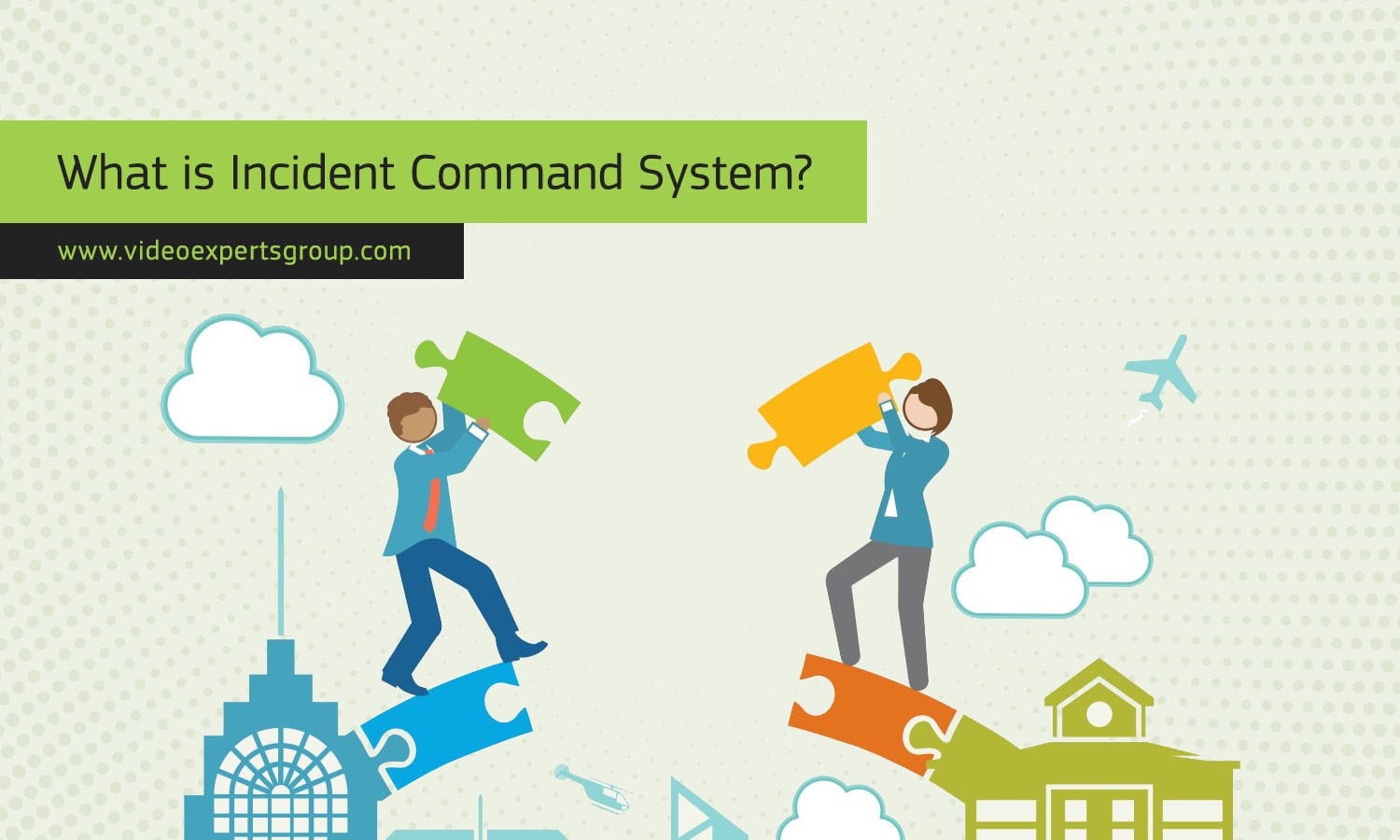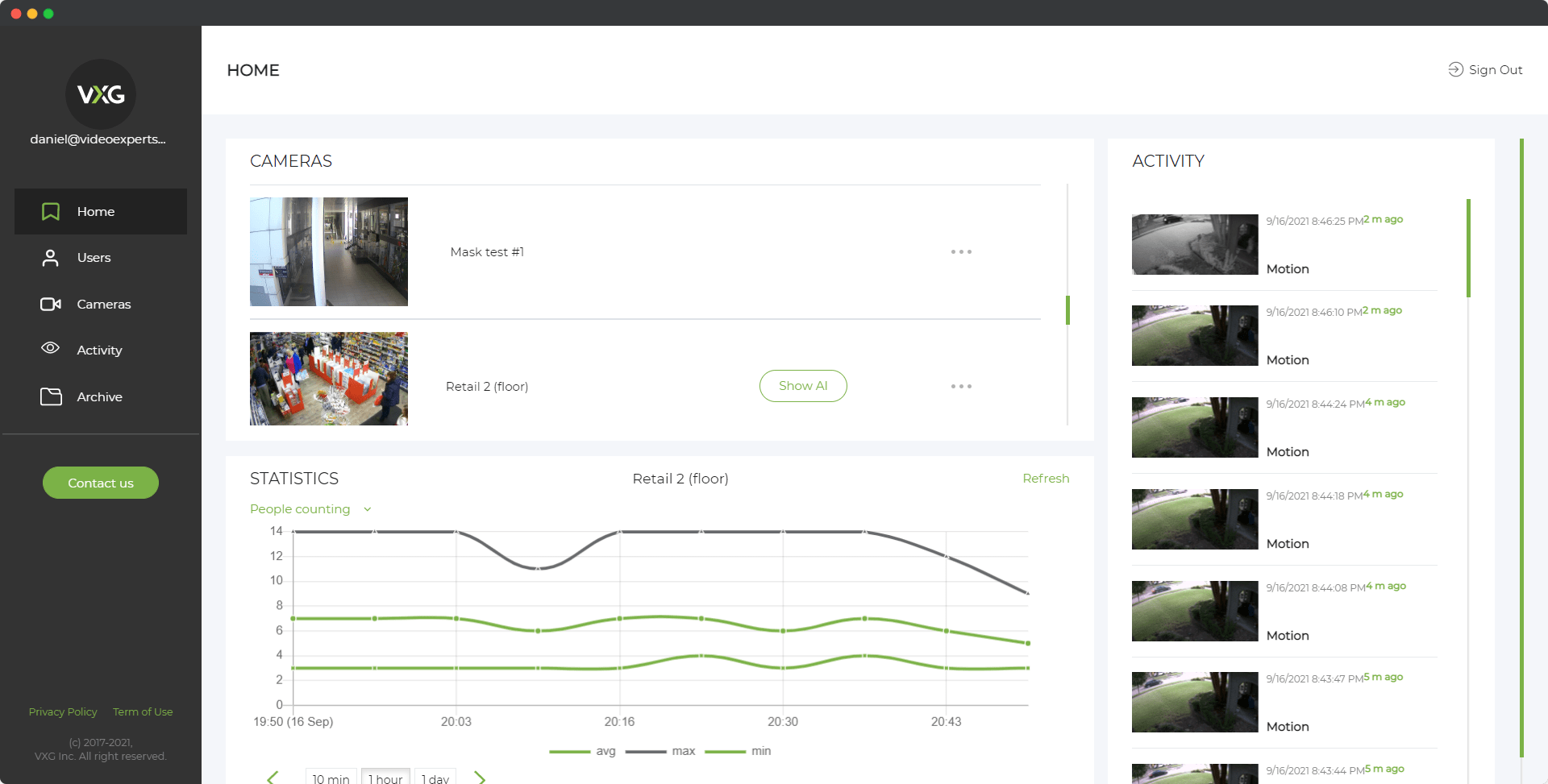Incident Command System (ICS) is a standardized management system used by emergency response organizations to effectively and efficiently coordinate and manage resources during incidents or emergencies. ICS provides a structured framework that allows different agencies and personnel to work together seamlessly, ensuring a coordinated response to various incidents, ranging from natural disasters to man-made emergencies.
Incident Command System Definition
The Incident Command System is a flexible and scalable system designed to adapt to the size and complexity of any incident. It serves as a comprehensive management tool that facilitates communication, coordination, and collaboration among various responding entities. ICS is not exclusive to any particular type of incident and can be applied across a wide range of situations.
Types of Incident Command Systems
There are different types of Incident Command Systems, each tailored to the specific needs of the incident at hand. The two primary types are:
- Single Command System: This system designates one individual as the Incident Commander, responsible for making all incident-related decisions. It is suitable for smaller incidents with a limited number of responding agencies.
- Unified Command System: In situations where multiple agencies are involved, the Unified Command System allows for shared decision-making among representatives of different organizations. This collaborative approach ensures a coordinated effort in managing larger and more complex incidents.
Incident Command System Examples
Numerous incidents worldwide have utilized ICS to effectively manage emergency response efforts. Some notable examples include natural disasters like hurricanes, earthquakes, and wildfires. Additionally, ICS has been employed during man-made incidents such as industrial accidents, hazardous material spills, and public health crises.
Incident Command System Roles and Responsibilities
The effectiveness of ICS relies on clearly defined roles and responsibilities for personnel involved in the incident response. Key positions include:
- Incident Commander: Overall responsible for managing the incident.
- Operations Section Chief: Directs and coordinates all tactical operations.
- Logistics Section Chief: Manages resources, personnel, and facilities.
- Planning Section Chief: Develops and maintains the incident action plan.
- Finance/Administration Section Chief: Handles financial and administrative aspects of the incident.
These roles ensure a well-organized and efficient response to the incident.
Incident Command System Software
Several software solutions support the implementation of ICS by providing tools for communication, planning, and resource management. Some popular software options include:
- WebEOC: A web-based platform for real-time information sharing and collaboration during incidents.
- Emergency Reporting: Offers a comprehensive suite of tools for incident management, reporting, and analysis.
- ICSForms: A mobile app designed to streamline the completion and submission of ICS forms.
Pricing
Pricing for incident command system software varies based on factors such as the size of the organization, the number of users, and specific features required. Organizations can typically choose from subscription-based models or one-time licensing fees, with costs ranging from a few hundred to several thousand dollars.
The Incident Command System is a crucial tool for managing incidents of all scales and types. Its adaptability and standardized approach make it an invaluable asset for ensuring a coordinated and effective response in the face of emergencies.
















